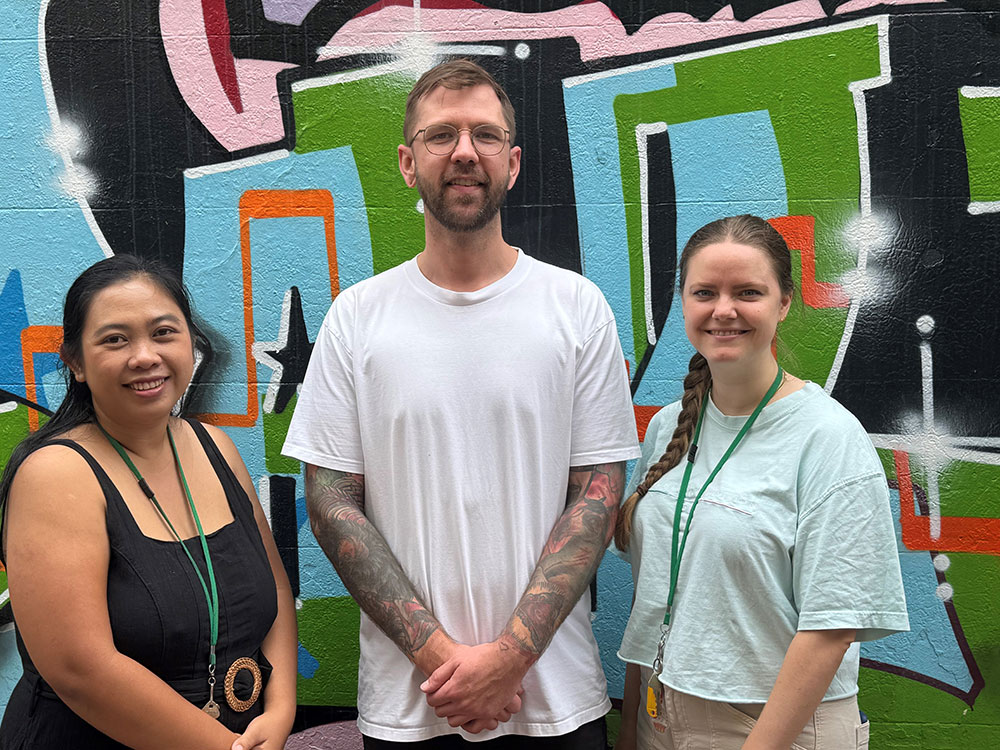A commitment to increasing female representation in the workforce has led to Murdoch Children’s Research Institute (MCRI) joining a nation-wide initiative aiming to boost gender equity in the fields of science, technology, engineering and maths (STEM).
The Institute has become an , which encourages organisations to articulate actionable steps in how they are working towards gender equity through leadership, evaluation, workplace culture, visibility, education and industry action.
Led by , MCRI is a large organisation with 79 per cent of our workforce identifying as female. Currently, 40.6 per cent of the senior leadership positions are held by women and 50 per cent of our executive committee members are female.
Professor North said MCRI was proud to support the Women in STEM Decadal Plan, and hoped the initiative would promote equal access and participation for girls and women in these fields.

Image: Professor Kathryn North AC
“MCRI is absolutely committed to diversity, equity and inclusion. It is an integral part of our research, our culture and our values. It is also clear that diverse and inclusive workplaces are more productive, more innovative and achieve better outcomes,” she said.
As part of this commitment, MCRI has set goals including:
- Increasing the proportion of female speakers at internal seminars to 50 per cent
- Conducting an extensive audit of MCRI’s professional development frameworks with the goal of tackling inequities identified
- Rolling out a LGBTQIA+ campus strategy
We will also continue to actively seek opportunities to make our female researchers and their work more visible, as well as continuing to spread awareness and place importance in the value of gender equity in health and medical research.
MCRI has also been awarded the by Science in Australia Gender Equity (SAGE). The accolade recognises our efforts to drive organisational progress towards equity, diversity and inclusion.
The Bronze Award marks an institution’s commitment to dismantling gender-based barriers and helping to achieve systemic, structural and cultural change.









